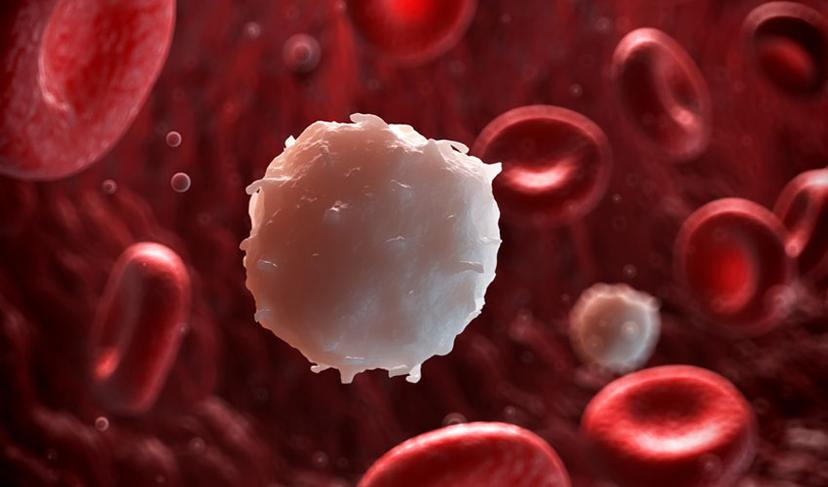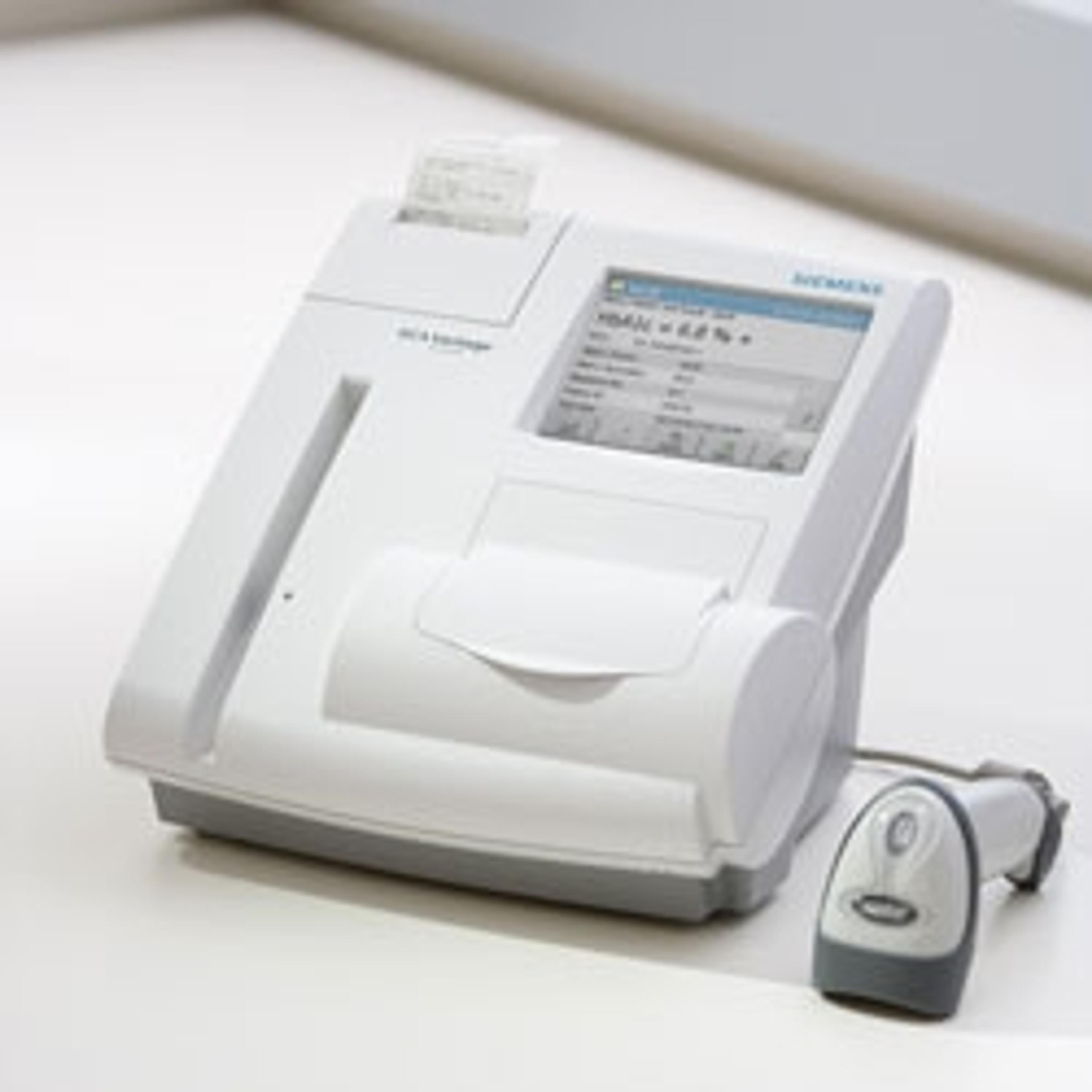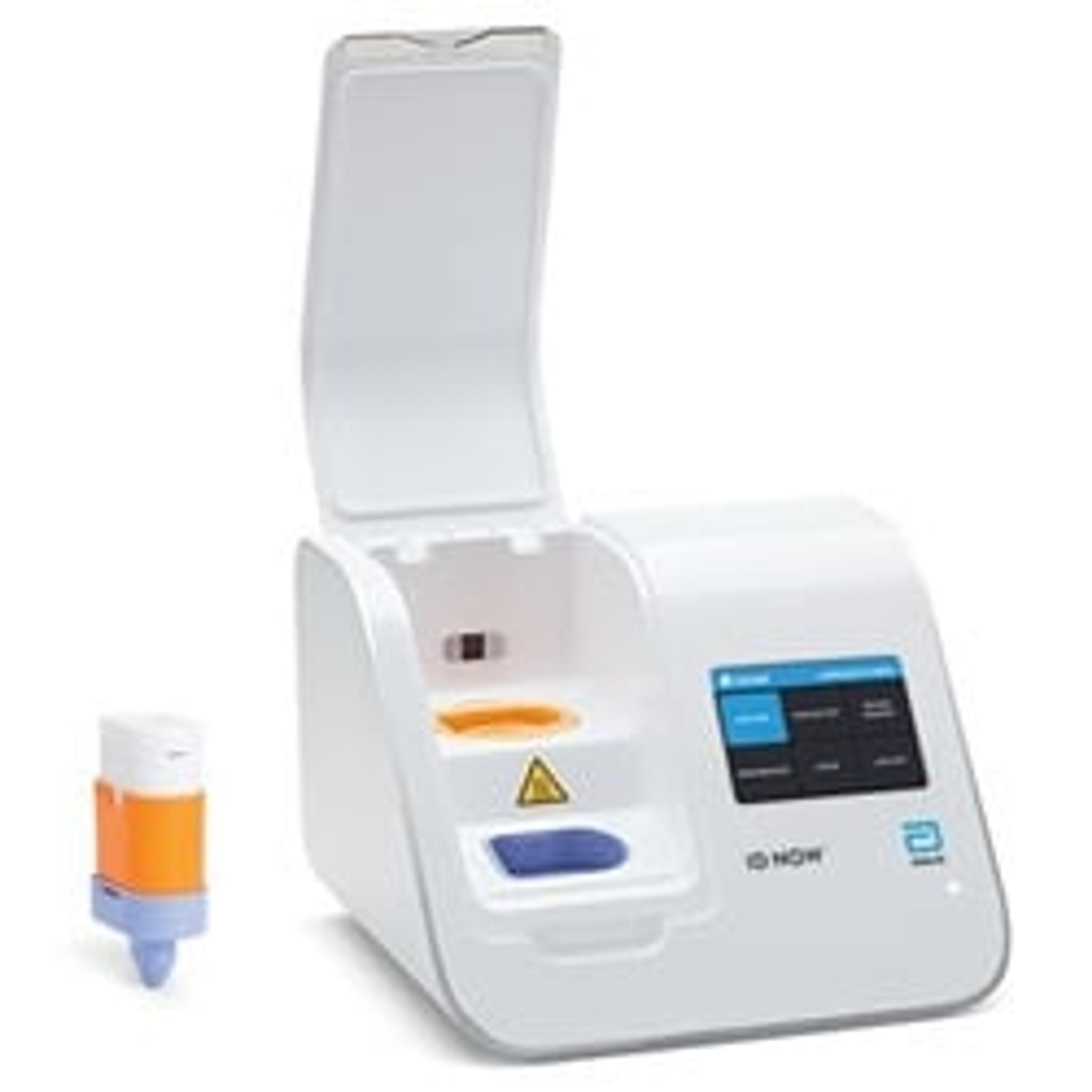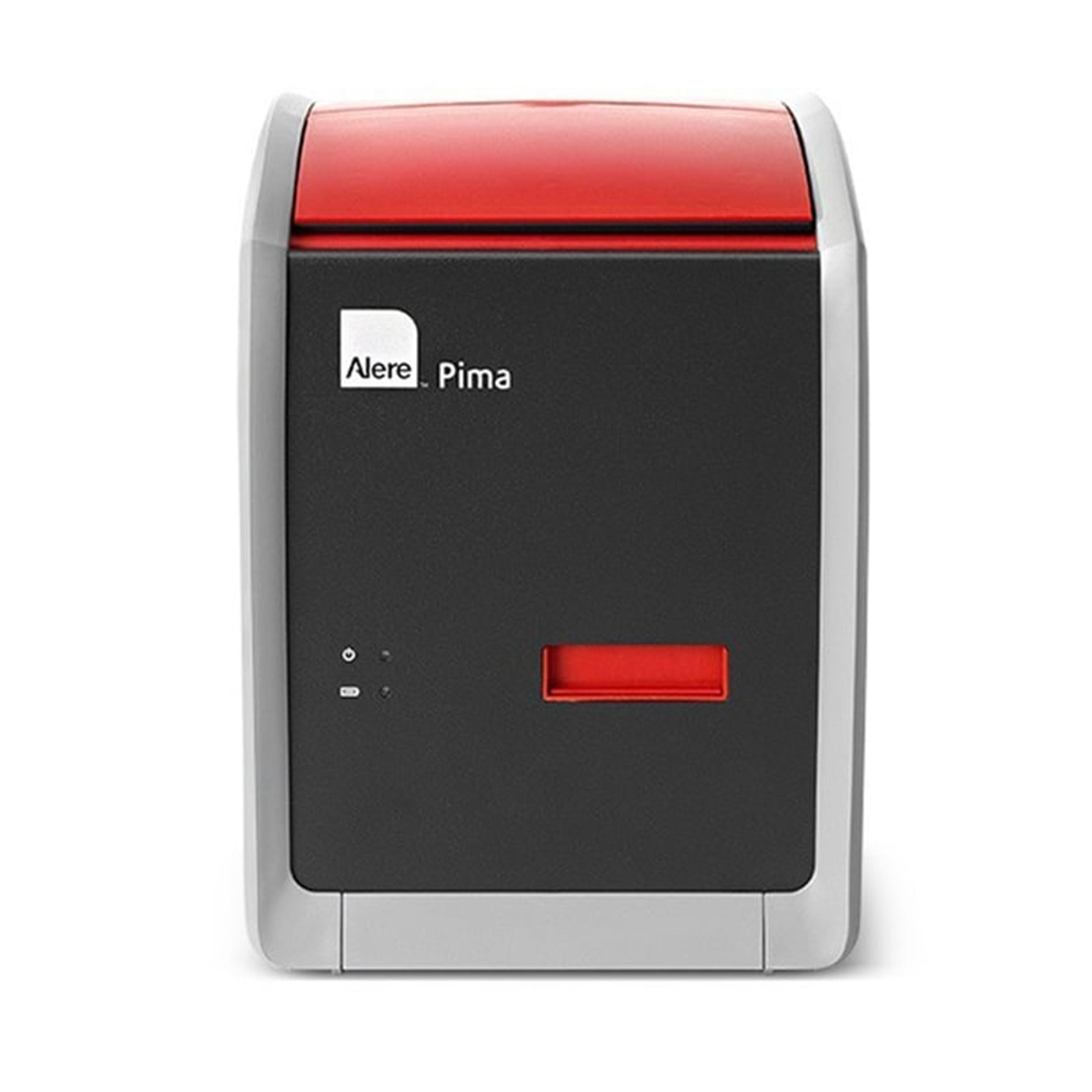Clinical Biomarkers: Internal Triaging at the Patient’s Bedside
Point-of-care technology allows clinicians to access vital results when they need them most
3 Oct 2017

Biomarker analysis provides a vital snapshot of what is happening in the body at any one time
Sebastian Kaulitzki/shutterstockimage
The term ‘biomarker’ is short for ‘biological marker’. The International Programme on Chemical Safety, led by the World Health Organization (WHO), in coordination with the United Nations and the International Labor Organization, defines a biomarker as “any substance, structure, or process that can be measured in the body or its products and influence or predict the incidence of outcome or disease.”1
Internal markers of disease
A biomarker might be a cell, gene marker, enzyme, chemical or any other biological structure. Such markers can be used to diagnose diseases, measure disease progression, determine prognosis and monitor therapy. Many of us take existing biomarker tests for granted, but they are a remarkable way of assessing internal workings of a human body in a short space of time.
Biomarker development enables scientists to incorporate new, sensitive and innovative biomarkers into tests that will diagnose diseases earlier and prevent other diseases from occurring.
Recent examples of sensitive biomarker tests include:
- Use of Heart-type fatty acid-binding protein (H-FABP) by Randox, as a highly sensitive biomarker for the earlier diagnosis of patients with suspected AMI, enabling faster “rule-out”.
- Use of digital PCR (dPCR) technology to investigate biomarkers of neurodegeneration – the discovery that decreased cell-free mitochondrial DNA can be used as a differential marker of Alzheimer’s disease.
- Use of droplet digital PCR (ddPCR) technology to identify blood-based biomarkers of melanoma that could enhance both diagnosis and monitoring of disease progression.
While the discovery of new biomarkers is essential to our continued quest for optimal patient care, it is good to be reminded that some of our most important, current clinical tests are based on biomarker evaluation. Not only that, but due to advances in point-of-care testing, we can now obtain these valuable biomarker assessments at the patient’s bedside.
Chemical biomarkers:
The epoc® Blood Analysis System incorporates 11 biomarker tests on the single-use, self-calibrating epoc® BGEM Test Card including
- pH, pCO2, pO2, Na+, K+, Ca++, Hct, Glu, Lac, Crea, Cl-.
The RAPIDPoint® 500 System offers a complete critical care test menu from a single, whole blood sample:
- pH, pO2 and pCO2
- Na+, K+, Ca++ and Cl-
- Glucose and Lactate
- Full CO-oximetry including nBili and tHb
Infectious disease biomarkers:

Biomarkers can be used to detect the presence of bacteria and viruses in the body
Kateryna Kon/Shutterstockimage
The Alere™ i is a rapid, instrument-based, isothermal system for the qualitative detection of infectious diseases. Unique Alere™ i isothermal nucleic acid amplification technology provides molecular results in just minutes.
The Alere Pima™ Analyzer allows for the point-of-care analysis of CD4 counts, vital for the management of HIV positive patients.
Diabetes biomarkers
The DCA Vantage® Analyzeraids monitoring of glycemic control and early kidney disease detection by providing rapid HbA1c analysis in environments ranging from the physician’s office to remote, point-of-care coordinated sites in hospitals and multisite practices.
The STAT-Site® M ß-HB System is intended for the quantitative determination of ß-Hydroxybutyrate in serum or plasma, aiding in the diagnosis and monitoring of ketoacidosis.
Molecular biomarkers:
TheRandox Evidence Investigator utilizes revolutionary Biochip Array Technology, to allow simultaneous detection of multiple analytes from a single sample for efficient and cost effective testing. Molecular tests include KRAS/BRAF/PIK3CA.
The cobas® Liat Systemis a fast, easy-to-use, compact PCR system designed for on-demand testing in point-of-care settings such as physician clinics, pharmacy, and hospital and satellite laboratories.
Hematological Biomarkers:
TheXprecia Stride™ Coagulation Analyzer, is a compact, handheld device that tests PT/INR with lab accuracy.
The ABX Micros ES 60 provides a RBC/PLT/HB/HCT measurement with a 3-part white blood cell differential.
Biomarkers are remarkable in that they allow us to detect diseases before any other clinical indication is obvious. They serve as a biological indicator that something is amiss and give us the opportunity to treat diseases earlier for better outcomes. Point-of-care technology allows us not only to provide rapid biomarker assessments, it also allows us to deliver this result at the patient's bedside, for optimal patient care.
Reference:
1. http://www.inchem.org/documents/ehc/ehc/ehc222.htm
- Alere i™ Influenza A&B
- Alere i™ Strep A



